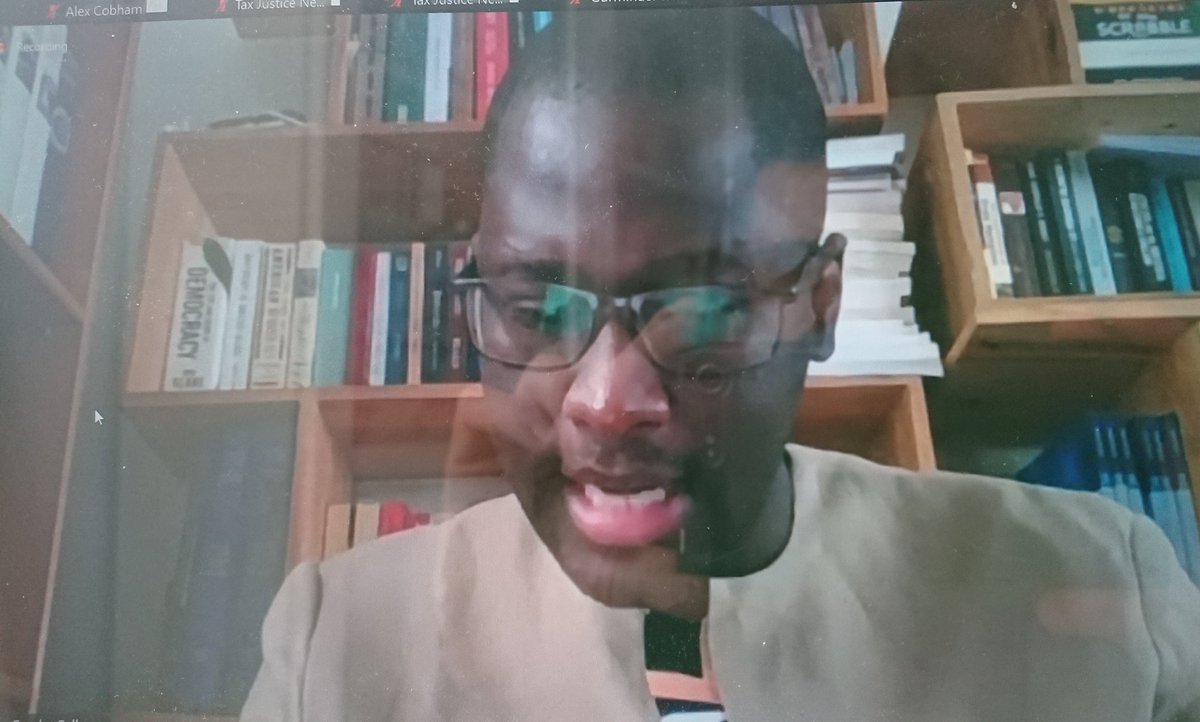
It is *very* difficult to understand why so much effort is being made to keep the Irish government onside in the OECD talks. If the talks deliver, the business model is bust - and the government's focus should be on finding a better future that doesn't rob others of revenues.
Ireland imposes large revenue costs on others - we estimate this one jurisdiction accounts for some 3.7% of the global losses due to tax abuse. iff.taxjustice.net/#/profile/IRL 



As OECD negotiation on 'pillar 1' seem to be moving towards Biden administration's proposal that would not require global treaty change; and 'pillar 2' would be a coalition of the willing on a minimum tax rate - there'd no longer be an opportunity for Ireland or others to block.
So it is extraordinary to see a quote like this:
'Ireland is not a tax haven, it is an investment hub and is a key player in the OECD talks for this reason.'
Extraordinary, that is, because this quote comes not from the Irish finance minister, but *from the OECD*.
'Ireland is not a tax haven, it is an investment hub and is a key player in the OECD talks for this reason.'
Extraordinary, that is, because this quote comes not from the Irish finance minister, but *from the OECD*.
• • •
Missing some Tweet in this thread? You can try to
force a refresh






